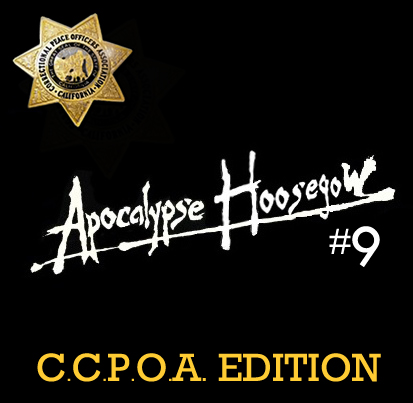Eligibility for a second chance begins with being taken seriously.
Crass
• adjective: lacking in discrimination and sensibility, blundering, asinine
 Okay, here it is: the mentally ill in California prisons are far more likely to be subjected to harsher treatment and longer sentencing than other inmates. That’s a criminal lack of discrimination and sensibility. Of all the inmates who occupy facilities up and down the state, roughly 30% are mentally ill, making the California Department of Corrections a de facto mental health treatment provider. Now there’s your blundering and asinine.
Okay, here it is: the mentally ill in California prisons are far more likely to be subjected to harsher treatment and longer sentencing than other inmates. That’s a criminal lack of discrimination and sensibility. Of all the inmates who occupy facilities up and down the state, roughly 30% are mentally ill, making the California Department of Corrections a de facto mental health treatment provider. Now there’s your blundering and asinine.
According to the Stanford Law School’s Three Strikes Project, “The average sentence imposed on defendants suffering from mental illness is longer than the average sentence imposed on defendants who do not have mental health diagnosis but who committed the same crime.”
Shane Bauer of Mother Jones claims there are ten times more mentally ill people behind bars than in state hospitals, and many of those inmates have severe illnesses like schizophrenia. Furthermore, solitary confinement can make it harder or even impossible for the untreated mentally ill to re-enter society. Amy Fettig, senior staff counsel for the ACLU National Prison Project says “it’s a risk that can’t be condoned. They come out such ruined human beings. It has essentially harmed them in such a substantial way they can’t ever return to the community or society.”
 The passage of California’s Prop 47 was important to me personally because of the smiley Nicaraguan we called “Hey,” to whom my book, Where Excuses Go to Die, is dedicated. Hey’s chapter is one I read a lot at book signings and other events, because even without shocking statistics it powerfully demonstrates how narrowly the public has been trained to recognize what prison and prisoners look like. Where Excuses Go to Die exists to defy that recognition. Read more
The passage of California’s Prop 47 was important to me personally because of the smiley Nicaraguan we called “Hey,” to whom my book, Where Excuses Go to Die, is dedicated. Hey’s chapter is one I read a lot at book signings and other events, because even without shocking statistics it powerfully demonstrates how narrowly the public has been trained to recognize what prison and prisoners look like. Where Excuses Go to Die exists to defy that recognition. Read more


